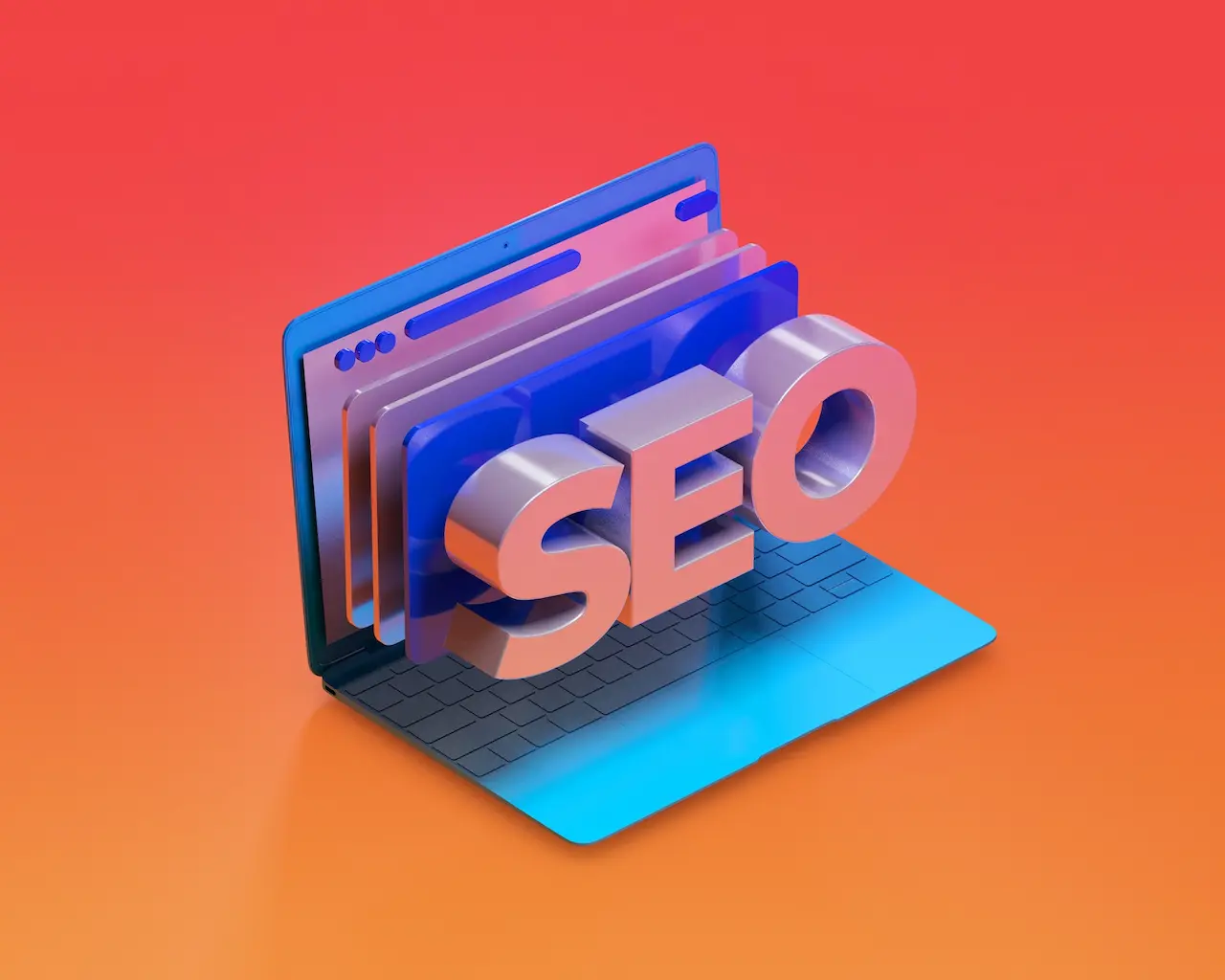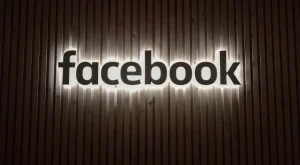Why Choose Organic SEO over Pay Per Click?
Businesses face a critical decision in the ever-changing landscape of digital marketing when creating their advertising strategies. Should they focus on Search Engine Optimization for sustainable growth or invest in Pay-Per-Click advertising to gain immediate visibility? Understanding the differences between these two strategies is becoming increasingly important as we move closer to 2025.
This blog will explore the differences between SEO, PPC and their benefits and challenges. We’ll also provide advice on how to select each. You’ll be able to better optimize your marketing efforts by the end of this blog.
Table of Contents
ToggleUnderstanding SEO
Search Engine Optimization (SEO), also known as search engine optimization, is a technique that improves a site’s visibility on the web. Businesses can improve their organic traffic by optimizing content, keywords and the user experience. They can also increase rankings and convert more customers. For online success, mastering SEO is essential.
What is SEO?
Search Engine Optimization is the process of enhancing a site’s visibility on organic search engine results (non-paid). The optimization of keywords, the creation of high-quality content and technical improvements are some techniques that can be used to achieve this. SEO’s primary goal is to attract active users searching for products and services. This will drive relevant traffic, without incurring click costs.
SEO Benefits
- Organic Resilience One of the biggest advantages of SEO lies in its ability to generate long lasting traffic. As long as a website maintains a high ranking, it will continue to attract traffic over time as long as its content is relevant and up-to-date. Organic traffic often leads to higher conversion rates as users trust search results more than paid ads.
- Credibility : Users tend to view organic search results more trustworthily than paid ads. High rankings on search engines signal to potential customers the reliability of a company. Credibility can have a significant impact on purchasing decisions, especially in industries that are competitive and where trust is important.
- Cost Effectiveness While initial SEO investments can be significant, ongoing costs tend to be much lower than PPC. A well-optimized website can be maintained without having to pay for advertising. This leads to an increase in return on investment over time, making SEO an attractive strategy for many companies.
- Higher Click-Through rates (CTR). Studies have shown that organic listings receive a higher click-through rate than paid advertisements. This is partially due to the perception of trustworthiness in organic results. This can increase the overall effectiveness of SEO strategies.
SEO Challenges
- Time-Intensive SEO is not an instant fix. It may take several months for businesses to see tangible results of their optimization efforts. SEO requires a long-term investment, and companies that want immediate results may find it difficult to commit.
- Algorithm Sense: The search engine algorithms are always changing. Businesses must stay up-to-date on changes that can have a major impact on a website’s ranking. If you don’t keep up with the algorithm changes, a website that is currently ranking well may start to drop in rankings.
- Keyword Competition Ranking highly competitive keywords is a difficult task. This competition is fierce, and it can be difficult to refine your strategy and keep up with the constant effort. To stand out from the crowd, companies must choose carefully their keywords and produce compelling content.
- Technical challenges: Implementing SEO effectively often requires technical expertise, especially in areas such as website architecture, mobile optimization and site speed. If a business lacks in-house expertise, it may be necessary to hire specialists. This will increase the initial cost.

Understanding PPC
Pay-Per Click (PPC), also known as digital advertising, is a model in which businesses pay each time their ads are clicked. It allows for targeted outreach, and it drives immediate traffic. This increases brand visibility and conversion potential.
What is PPC (Pay Per Click)?
PPC advertising is a form of online advertising where advertisers are charged a fee for each click on their ads. This method allows businesses to quickly secure prominent placements in search engines and on social media platforms, while targeting specific audiences according to their demographics and interests.
PPC: Benefits and Uses
- Immediate results. One of PPC’s primary benefits is its ability to generate traffic quickly. Within hours of launching their campaign, businesses can see that their ads are live and attracting traffic. This immediate response is especially valuable for promotions and product launches that are time-sensitive.
- Precise targeting PPC allows advertisers to target their audience with high accuracy. Advertisers are able to tailor their messages based on their location, their interests and their behavior. This ensures that their ads will reach the most relevant customers. This level of targeting increases the effectiveness of campaigns and returns on investment.
- Measurable Return on Investment PPC platforms such as Google Ads provide detailed analytics which allow businesses to track the performance of their campaigns in real time. These data are invaluable in evaluating return on investment, and optimising future campaigns. Advertisers are able to quickly identify which keywords and ads perform best. This allows them to allocate their resources more efficiently.
- Flexibility: Businesses have more control with PPC. The business can set daily budgets or monthly budgets. They can pause or end campaigns at any point and adjust bids according to performance. This flexibility allows rapid response to changes in the market or business needs.
PPC: Challenges and Opportunities
- High cost.s In industries with high competition, the cost of a click can be very high. This could put a strain on marketing budgets. Businesses need to carefully manage their budgets to maintain profitability. This can be difficult if unexpected increases in costs are caused by competition.
- Quick-Term Gains Unlike SEO benefits, PPC is a short-term gain. As soon as a campaign is over, the traffic will also be gone, businesses need to continue investing in advertising. The reliance on continuous funding can be a financial burden, especially for smaller businesses.
- Ad Fatigue Over time, users can become desensitized by repetitive ads. This leads to a decrease in engagement and effectiveness. It can lead to lower click-throughs and higher costs as advertisers need to update their creatives often to keep users interested.
- Learning curve Effective PPC management demands a thorough understanding of digital advertising and analytics. Businesses that are new to PPC will likely face a steep learning curve while they learn the nuances of campaign management and optimization.
Why Choose SEO?
SEO increases your website’s visibility on search engines, increasing organic traffic and improving credibility. This leads to long-term growth for your business.
Long-Term Goals
SEO is perfect for businesses that are focused on growth and visibility. Businesses that are willing to invest incrementally in time and resources can reap substantial rewards as their organic visibility grows. This approach builds a strong foundation for customer loyalty and brand recognition.
Budget
SEO is a good investment for startups and small businesses. Although initial costs are higher, long-term savings often exceed the expenses associated with PPC campaigns. SEO can generate traffic regularly without the need to constantly fund campaigns.
Research-Driven buyers
SEO is especially useful for industries where consumers do extensive research before making a purchase. These include healthcare and legal services. SEO can yield tangible results for a law office that wants to rank in search terms such as “family lawyer [city]”. Businesses can establish themselves as experts in their field by providing useful content and resources.
Synergy of Content Marketing
SEO and content are closely related. Content that is relevant and of high quality not only helps to improve SEO rankings, but also builds trust among users. Content that is valuable to users will help companies achieve greater success with their SEO efforts.
Why Choose PPC
PPC allows businesses to reach specific audiences with immediate visibility. In a competitive market, it’s an effective way to generate traffic and leads.
Quick Visibility
PPC is especially effective for campaigns that are time-sensitive, like seasonal promotions or new product launches. Businesses can gain instant visibility for relevant keyword phrases and drive traffic to the site. Immediacy is crucial to capitalizing on market opportunities.
Competitive Industries
PPC is a great way to help businesses stand out in highly competitive industries, like e-commerce or real estate. Businesses can dominate the search results by targeting specific keywords. This will drive targeted traffic and potentially sales.
Niche Marketing
PPC can also be beneficial to businesses that target niche markets. PPC can be used by a company that rents luxury apartments in a particular city to reach a highly-targeted audience. This targeted approach can result in higher conversion rates and a better return on investment.
Retargeting Opportunities
Retargeting campaigns are possible with PPC, which allows businesses to engage users who previously visited their website. This strategy increases conversion rates by reminding customers about products and services that they were interested in.
Integrating SEO and Pay-Per-Click for Maximum Impact
Businesses should integrate both SEO and PPC to achieve the best results.
Enhance Visibility
Both methods can be used simultaneously to allow businesses to dominate the search results. They can capture traffic from organic listings and also drive targeted clicks through ads. This dual approach increases overall brand recognition and visibility in a competitive marketplace.
Data Sharing
PPC campaign insights can be used to improve SEO strategies by guiding keyword selection and content creation. Inversely, organic traffic patterns that are successful can improve PPC performance. Businesses can make their marketing plans more effective by sharing data across the two strategies.
Targeting the Buyer’s Journey
PPC is a great way to generate initial awareness. SEO, on the other hand, can target users who are further along in their buyer journey and ready to convert. This holistic marketing approach maximizes effectiveness by guiding customers from awareness through to decision-making.
Avoid these Common Mistakes
Many businesses make the same mistakes when navigating digital marketing. It is important to avoid these mistakes and maximize the effectiveness of your digital marketing strategy.
Dependence on One Strategy
Relying on only one of SEO or PPC may limit your growth potential. Businesses can achieve immediate and long-term growth by integrating both methods. This combination creates a balanced marketing strategy, which leverages each method’s strengths.
Analysis of Dismissal
A business can be hindered if it fails to track campaign performance and optimize its efforts if they do not analyze the results. For informed decisions, it is important to review analytics regularly. Businesses can improve their strategies by analyzing what works and doesn’t.
Ignoring Changes
It is important to stay up-to-date on changes in SEO algorithms and PPC policy. Adapting to such shifts will help you maintain a competitive advantage. Businesses that are agile and knowledgeable will be better equipped to navigate the digital marketing complexities.
The User Experience
Both SEO and PPC need to be focused
on user experience. Slow-loading, hard to navigate, or non-mobile-friendly websites can discourage potential customers regardless of the traffic source. Any digital marketing strategy should prioritize a positive experience for users.
Conclusion
The decision between SEO or PPC ultimately depends on the goals of your business, your budget and target audience. SEO may be the best choice if you are looking for long-term growth and credibility with a small budget. PPC is the best option if you need immediate results with precise targeting. Understanding the strengths and weakness of each marketing approach will help you to tailor your strategy for the best results.
In a digital environment that is competitive, using both SEO and PPC together can be a good way to provide businesses with a balanced approach. This allows them to take advantage of the advantages of each strategy, while minimizing their respective challenges. Adopt the power of paid and organic advertising to position your business well for the future.




